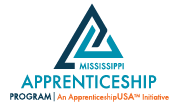From Determination to Success: Pamela Cummings’ Journey to a Fulfilling Career
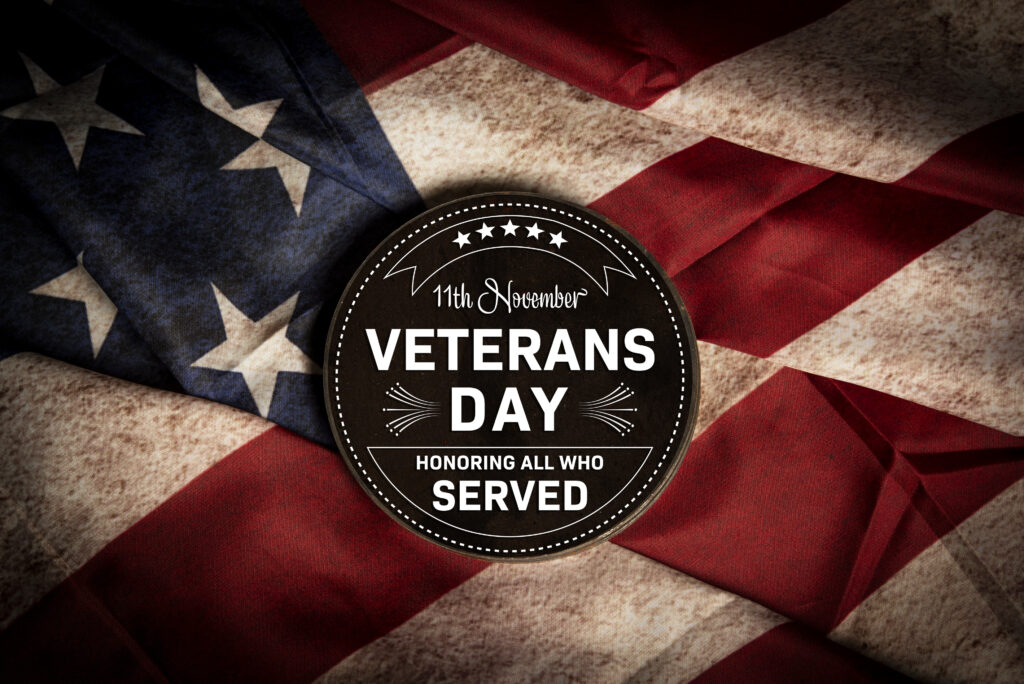
Pamela Cummings, a U.S. Navy veteran, embarked on a new journey with the Mississippi Department of Employment Security (MDES) through the Veteran Readiness and Employment Program. Referred by the Veterans Administration, Pamela connected with Disabled Veterans Outreach Program (DVOP) Specialist, Christopher Kaster, on March 7, 2024, at the Gulfport WIN Job Center. Driven by a […]
John Reece Jackson Ag Pilot Apprenticeship Program
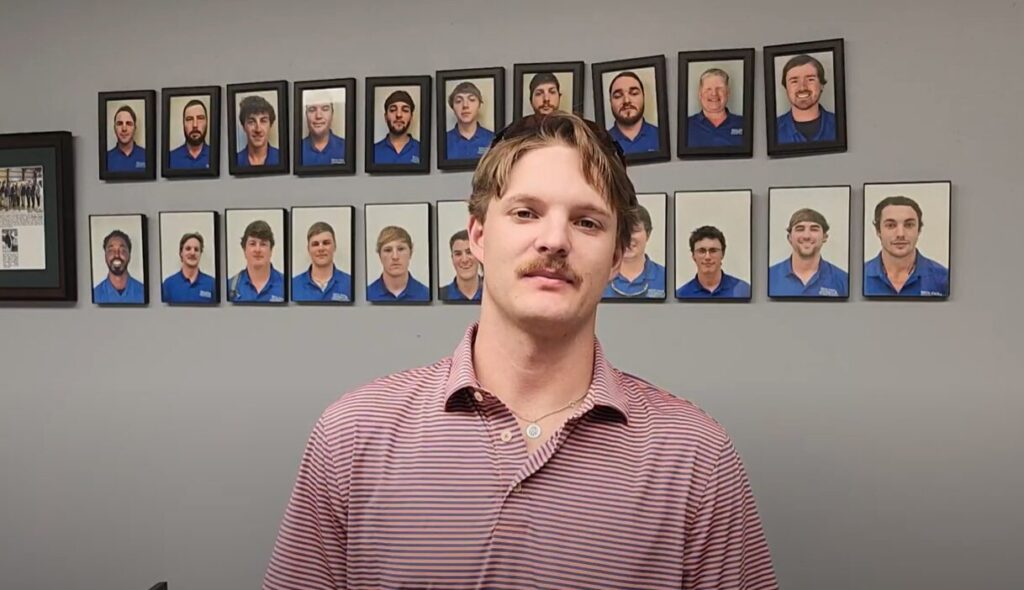
View Video Here John Reece Jackson was one of the rising stars in the first class of the Ag Pilot Apprentices in Delta State University’s (DSU) Aerial Applicator Pilot Certification Program. Jackson, now a flight operator who flew corn runs in Idaho this past summer, earned both his instrument and commercial ratings as well as […]
H&M Construction Apprentice Success Story: Carlos

As a participating company, H & M Construction is committed to providing apprentices with a supportive learning environment, hands-on training, and mentorship opportunities. By understanding the importance…
Building Trust Leads to Success
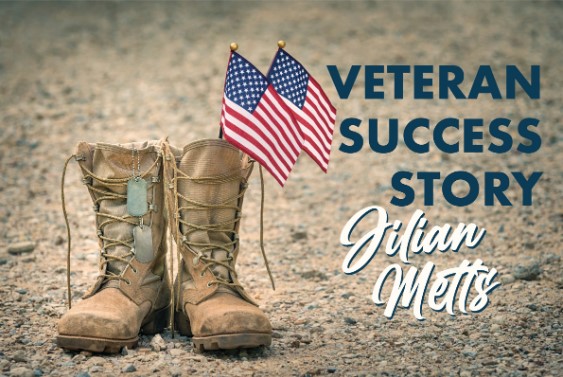
The Jobs for Veterans State Grant Program’s main initiative is to assist veteran clients with a variety of barriers to assist them in becoming employment ready. The case management for these clients can be quick and short term or extensive as well as long-term.
Registered Apprenticeship Success Story: Westlake

Apprenticeship program success stories help us promote the tremendous value that these programs bring to employers, employees, and job seekers. Keep reading for the answers from a recent success story: a Senior Training Specialist at Westlake.
Registered Apprenticeship Success Story: School of Champions Development & Learning Academy

Apprenticeship program success stories help us promote the tremendous value that these programs bring to employers, employees, and job seekers. Keep reading for the answers from a recent success story: a Teach Assistant Apprentice from our RA Partner School of Champion.
Registered Apprenticeship Success Story: AA Calibration
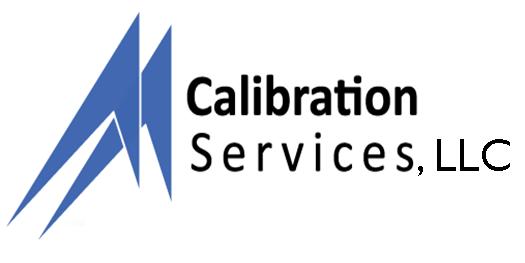
Apprenticeship program success stories help us promote the tremendous value that these programs bring to employers, employees, and job seekers. Keep reading for the answers from a recent success story from the owner of AA Calibration, Mr. White.
Registered Apprenticeship Success Story: Singing River
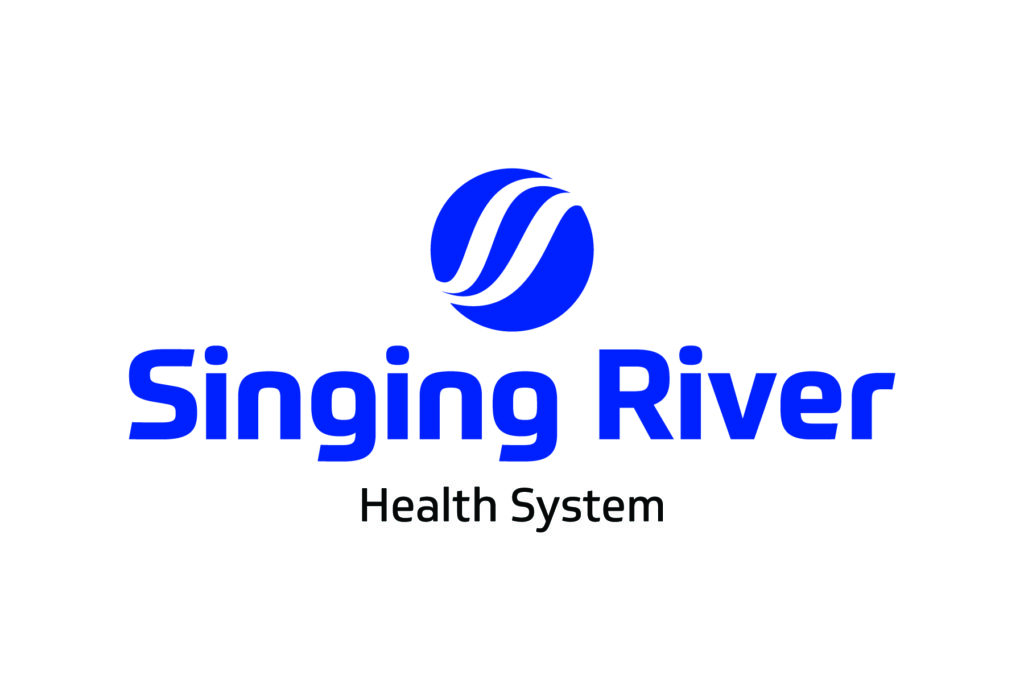
Apprenticeship program success stories help us promote the tremendous value that these programs bring to employers, employees, and job seekers. Keep reading for the answers from a recent success story: a new LPN apprentice from the new RA program at Singing River.
How Registered Apprenticeship Led Me From Black History to Black Opportunity

In 2006, as an apprentice construction craft laborer in Milwaukee, I helped build one of the I-43 underpasses on Fond Du Lac Avenue. The bridge is well known throughout Wisconsin for the murals that adorn it, including one that tells the story of a man named Joshua Glover.
Tonya Campbell’s Success Story
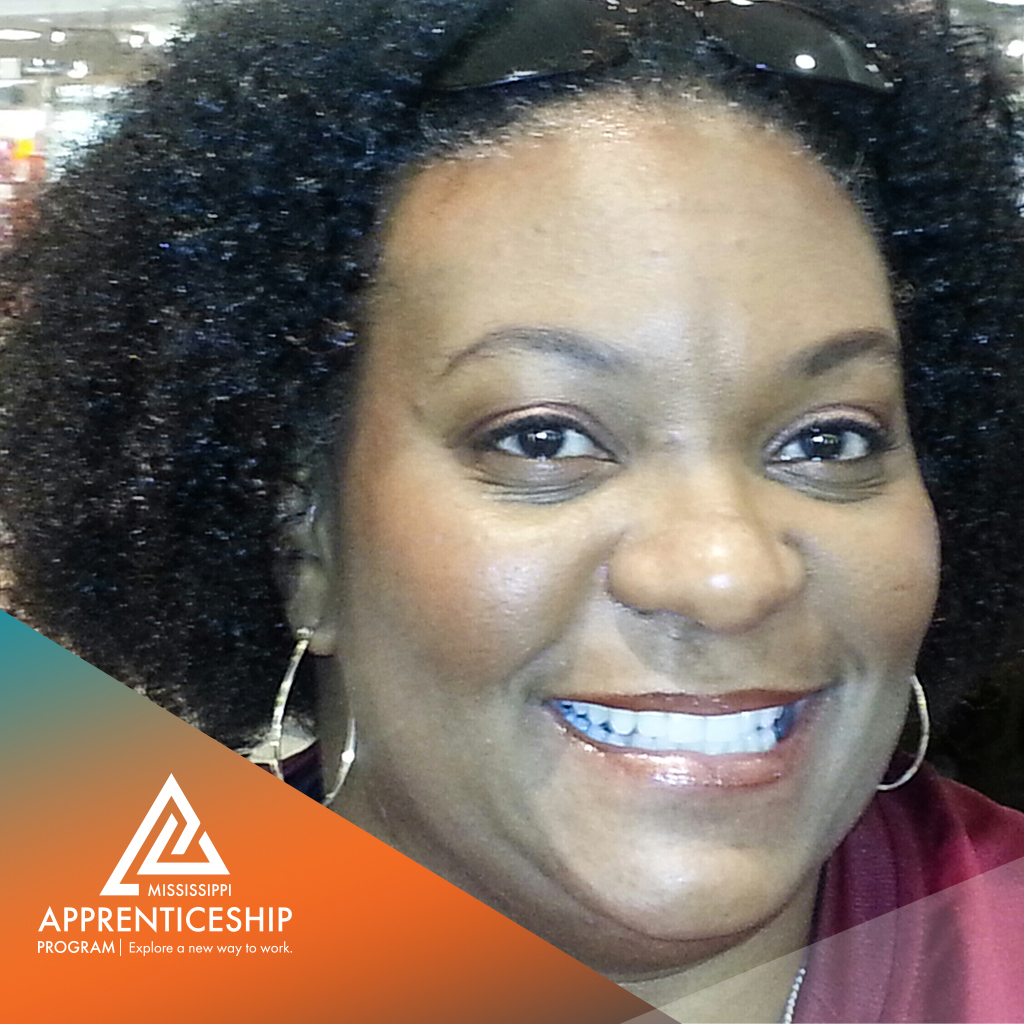
Tonya Campbell, an apprentice with Innovative Systems Group (ISG), discusses ISG’s Cybersecurity Apprenticeship Program (ISG-CAP) that has been registered and certified by both ApprenticeshipNC and the U.S. Department of Labor. This program is also registered in Mississippi. Innovative Systems Group (ISG), based in Raleigh, N.C., has offered an effective and ground-breaking registered apprenticeship program in […]
